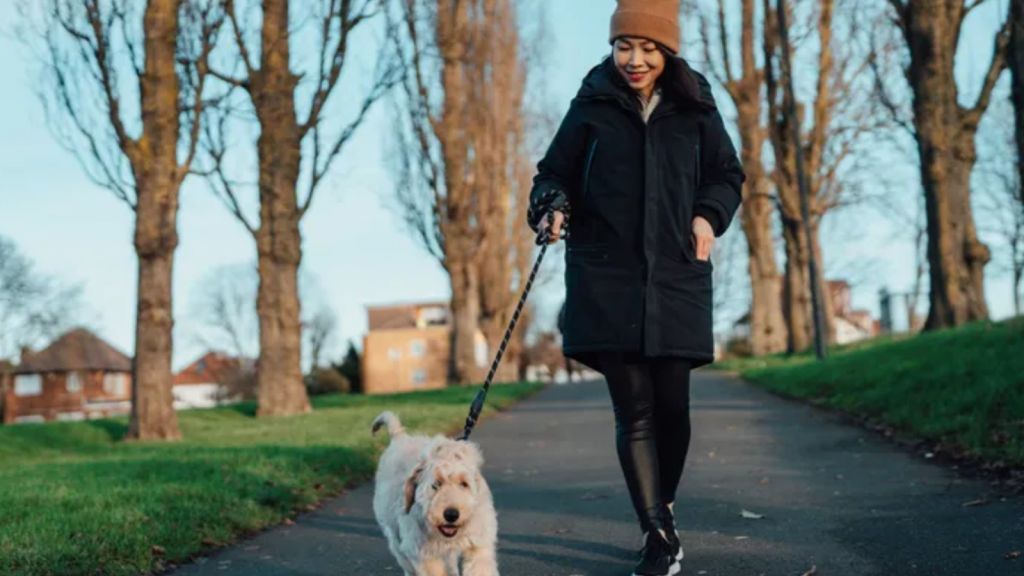
Dementia presents as more than just memory loss.
We’ve written before at HuffPost UK about how everything from your spatial awareness to your gait speed, smell, and ability to walk up the stairs can be affected by the condition.
And now, neurologist Dr Bing has shared five tests you can do at home that might suggest a dementia diagnosis.
In a recent TikTok, the doctor explained that the “simple ways” you can check involve physical tasks and reactions ― one of which involves walking.
What are they?
The doctor said that the first test is seeing whether or not a person can stand on one leg for at least 30 seconds.
This has been linked to your brain age in other studies ― it uses a surprising amount of mental agility. Failing to stand on one leg for a minimum of half a minute among those with normal mobility can “reflect subtle deficits in brain areas controlling your balance and motor skills,” the neurologist explained.
Early dementia can change how you perceive smell too ― a person with Parkinson’s or Alzheimer’s may notice changes as they shower for instance.
Third, a clock-drawing test ― where you ask someone to draw a clock showing a specific time ― may reveal issues with spatial awareness, attention, and planning, the doctor suggests.
Then there’s a “category fluency test,” where Dr Bing asks his patients to name as many things as they can within a certain category. This tests their verbal fluency, a loss of which has also been linked to dementia risk.
He also suggested a “dual task gait test,” where you ask someone with suspected dementia to walk while performing a cognitive test “like counting backwards.”
“Difficulty with this task can indicate problems with executive function, memory, or attention,” Dr Bing said.
What if I suspect dementia?
These tests don’t count as a professional diagnosis.
The sooner dementia is diagnosed, the better outcomes tend to be.
If you think you or someone you care about has it, the NHS advises you see a GP as soon as possible.
“You may like to suggest you go with your friend or relative to see a GP so you can support them. You’ll also be able to help them recall what has been discussed,” they say.
They add that bringing up the topic with a loved one can be hard, so be sure you approach the topic gently, in a situation they’re familiar with, and without rushing.


